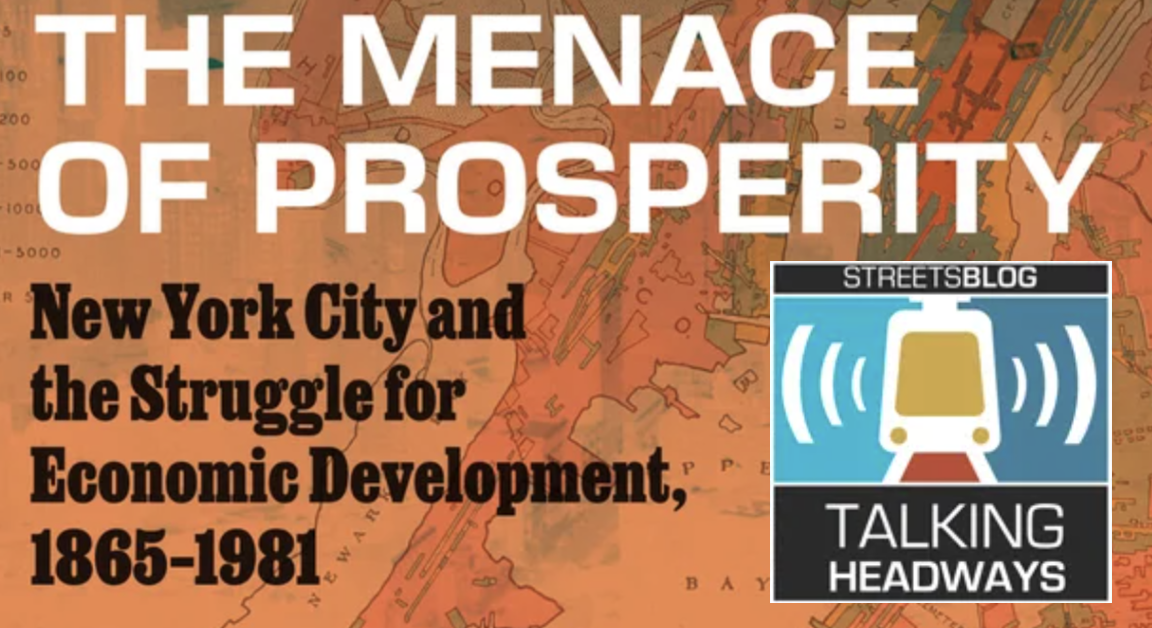
"In the book you're talking about, in that kind of mindset anyways, we have all these subsidies that go towards, you know, extending the subway, the utilities, but also that it's kind of like some gasoline is put on, during the New Deal, but also afterwards when you get all of the HOLC loans and the FHA and all these subsidies to homeownership, right?"
"It's a real sort of disjunction in a way between the politics of transportation in the early 20th century, which is if you build heavy rail, if you build highways, it'll increase density, increased highest and best uses. And then the residential section of that, which is we wanna keep these homes in amber, basically on the part of a lot of the homeowners there."
Public investments in transit, utilities, and housing finance often encouraged outward expansion rather than reinforcing urban density and land value capture. Land tax ideas and the Henry George movement offered alternative tools to reclaim rising land value for public benefit. Transportation politics promoted infrastructure that could support density, but residential politics and zoning preserved low-density housing and kept homes "in amber." The result was extensive suburbanization aided by federal programs and zoning mismatches that left transit-rich areas underutilized. Rethinking "highest and best use," zoning, and fiscal policy could enable cities to better harness growth and fund public goods.
Read at Streetsblog
Unable to calculate read time
Collection
[
|
...
]